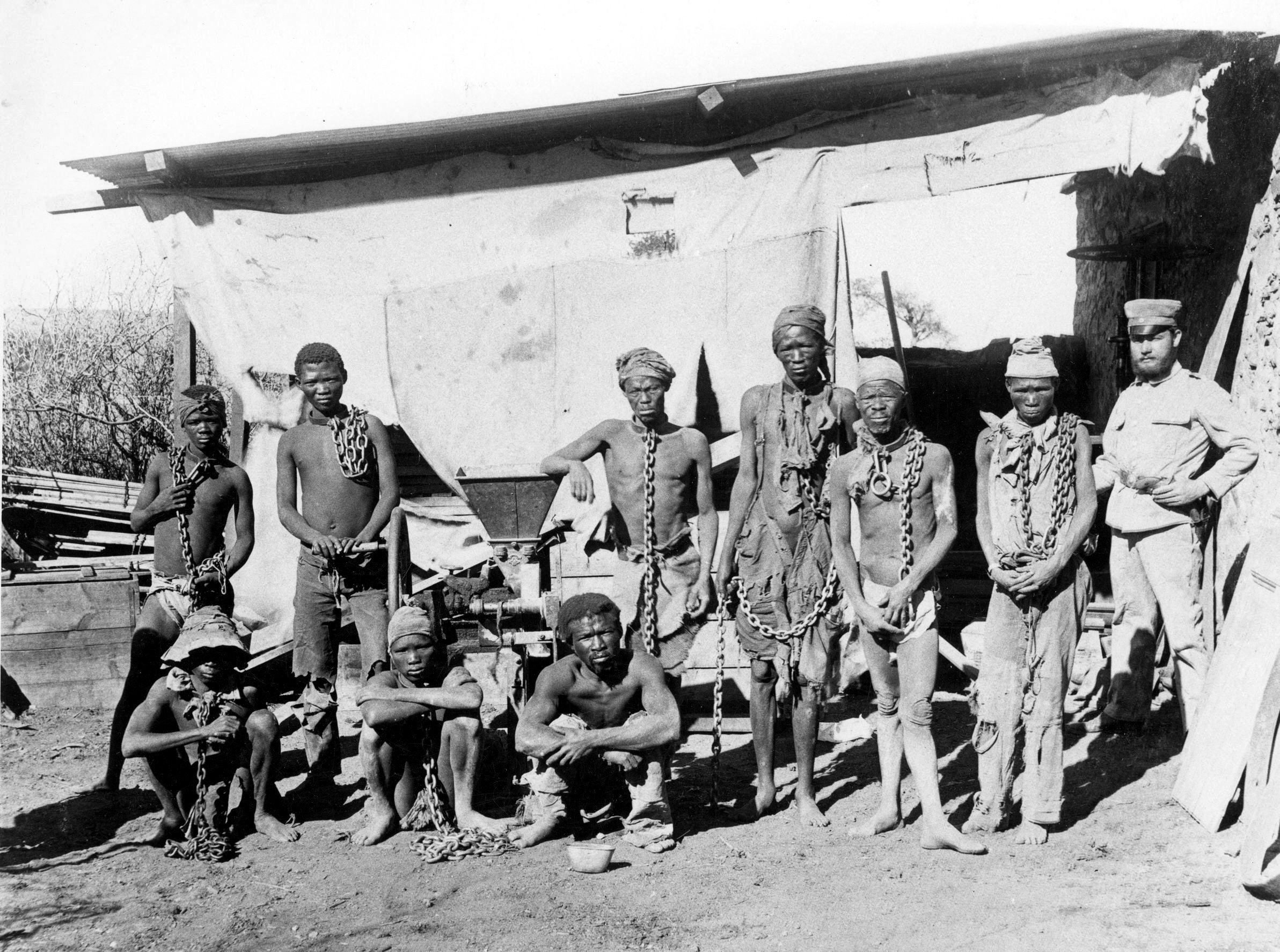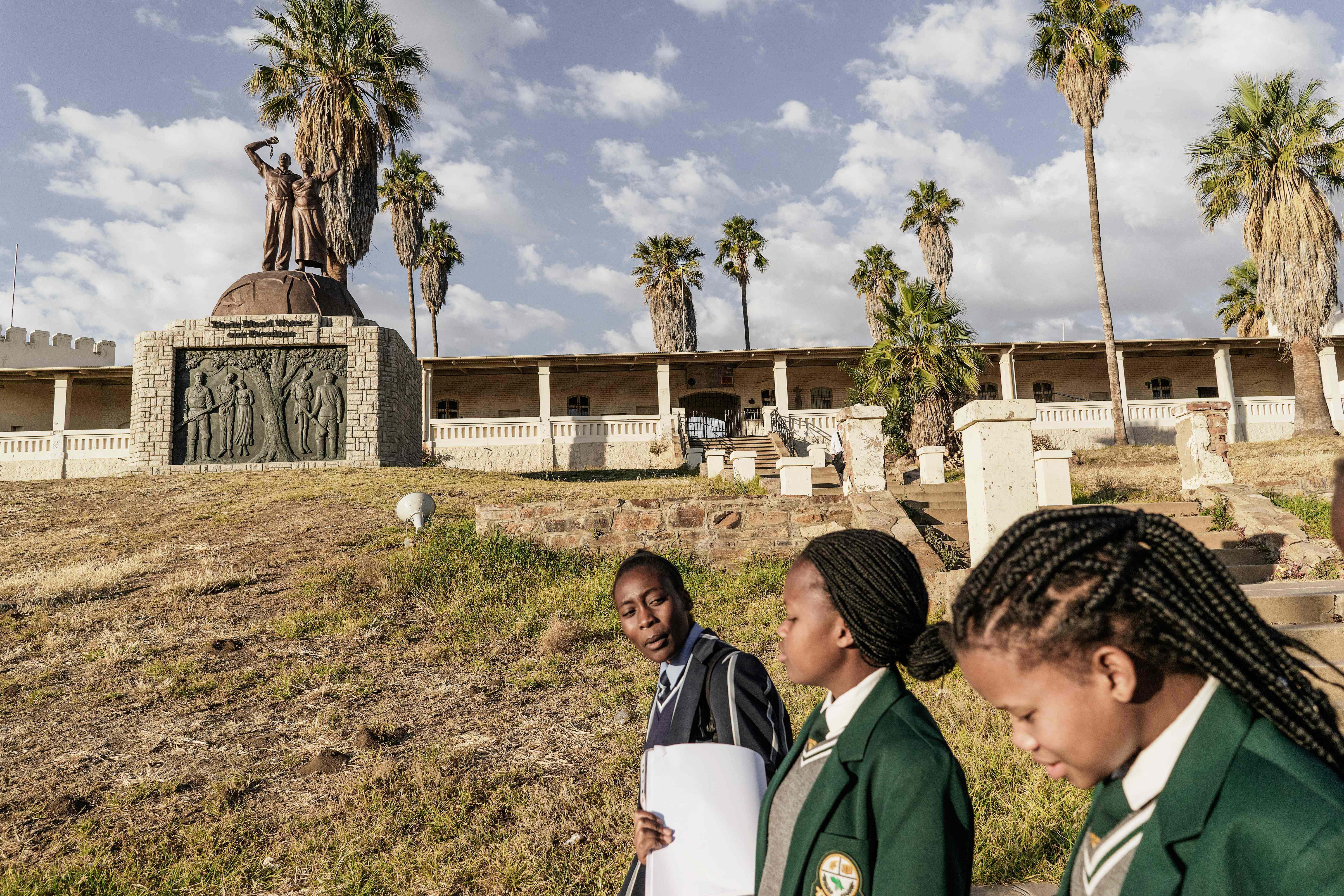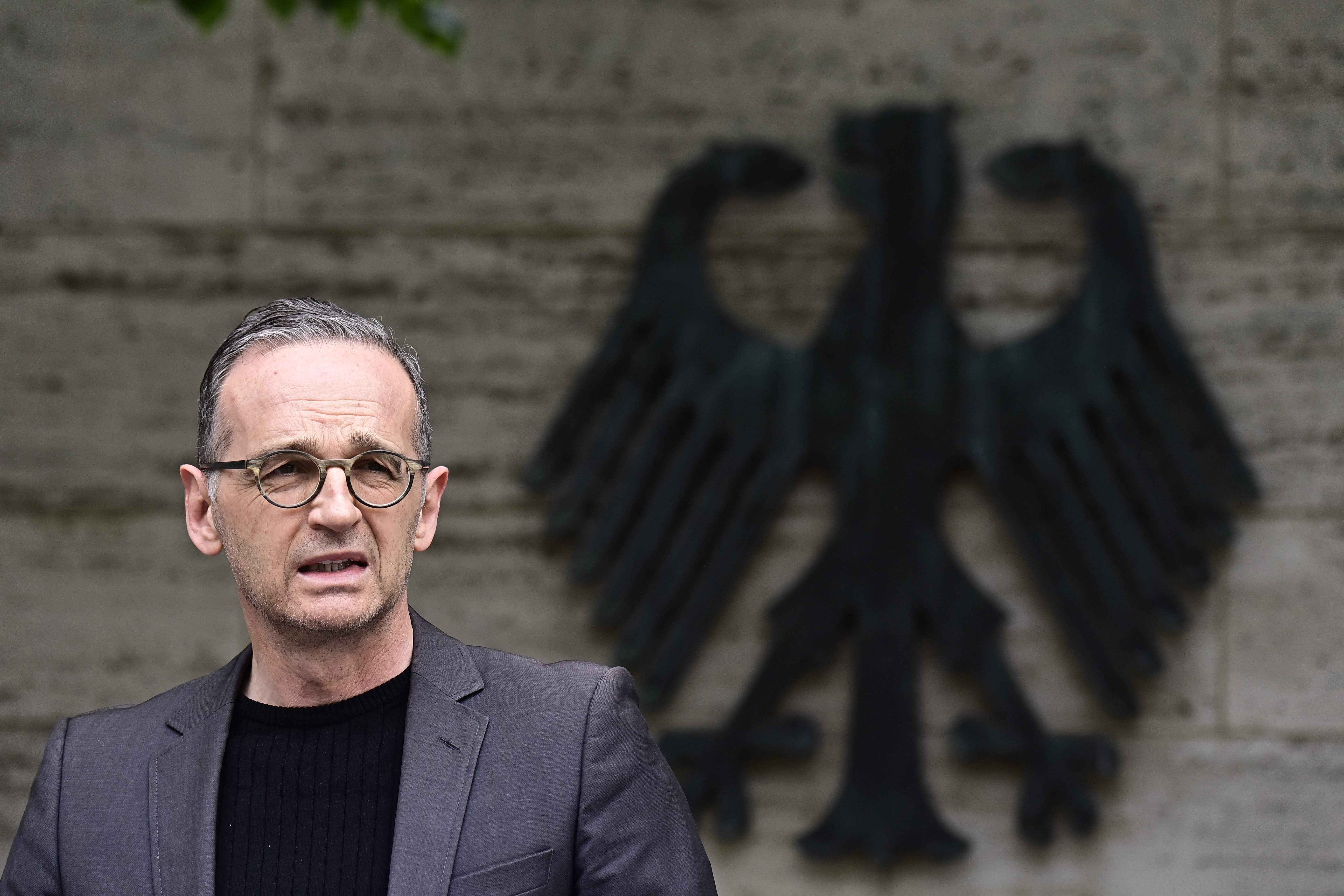Germany officially recognises its colonial genocide in Namibia
‘We will now officially call these events what they were from today's perspective: a genocide,’ German foreign minister Heiko Maas said

Your support helps us to tell the story
From reproductive rights to climate change to Big Tech, The Independent is on the ground when the story is developing. Whether it's investigating the financials of Elon Musk's pro-Trump PAC or producing our latest documentary, 'The A Word', which shines a light on the American women fighting for reproductive rights, we know how important it is to parse out the facts from the messaging.
At such a critical moment in US history, we need reporters on the ground. Your donation allows us to keep sending journalists to speak to both sides of the story.
The Independent is trusted by Americans across the entire political spectrum. And unlike many other quality news outlets, we choose not to lock Americans out of our reporting and analysis with paywalls. We believe quality journalism should be available to everyone, paid for by those who can afford it.
Your support makes all the difference.Germany agreed an accord with Namibia on Friday to officially recognise the colonial-era killing of tens of thousands of people in the African country as genocide.
The agreement is the result of more than five years of talks relating to events at the beginning of the 20th century, when Germany was the southern African nation’s colonial ruler.
Germany plans to support Namibia and the descendants of the victims with a 1.1bn euro “rebuilding and development” programme.
The projects will stretch over a 30-year period and will cover land reform, including land purchases, agriculture, rural infrastructure, water supply and vocational training.
“In the light of Germany's historical and moral responsibility, we will ask Namibia and the descendants of the victims for forgiveness,” German foreign minister Heiko Maas said in a statement.
To find a common path to reconcile and remember the victims, Maas said that he would name the events of the German colonial era in today's Namibia. He added that there would be a particular focus on the atrocities between 1904 and 1908, unsparingly and without euphemisms.
“We will now officially call these events what they were from today's perspective: a genocide,” Maas said.
Germany occupied Namibia from 1884 to 1915.
From 1904 to 1908, the German empire waged a war against the Nama and Herero tribes in an effort to drive out the indigenous populations.
Historians say German general Lothar von Trotha, who was sent to what was then German-run southwest Africa, instructed his troops to wipe out the entire Herero tribe to quash their uprising in 1904.
The Herero tribe is a Bantu ethnic group in southwest Africa, with populations also found in Namibia, Botswana and parts of southern Angola.

It is estimated that about 65,000 Herero and at least 10,000 Nama were killed.
Germany said representatives of the Herero and Nama were involved in the negotiations, though Berlin's direct dealings have been with the Namibian government.
Talks between Germany and Namibia opened in 2015.
At the same time, Maas said there will be no legal reparations. That reflects Germany's position that the Genocide Convention of 1948 cannot be applied retroactively, and that its liability is political and moral rather than legal.

The funds announced will be separate from continuing development aid to Namibia. The two countries’ foreign ministers are expected to sign the agreement, but there was no immediate announcement of when that will happen.
In 2018, Germany returned more than a dozen skulls and other human remains that had been taken from Namibia by colonial forces over a century earlier for pseudo-scientific racial experiments. They had been stored in German hospitals, museums and universities for decades.
Additional reporting by AP
Subscribe to Independent Premium to bookmark this article
Want to bookmark your favourite articles and stories to read or reference later? Start your Independent Premium subscription today.
Join our commenting forum
Join thought-provoking conversations, follow other Independent readers and see their replies
Comments